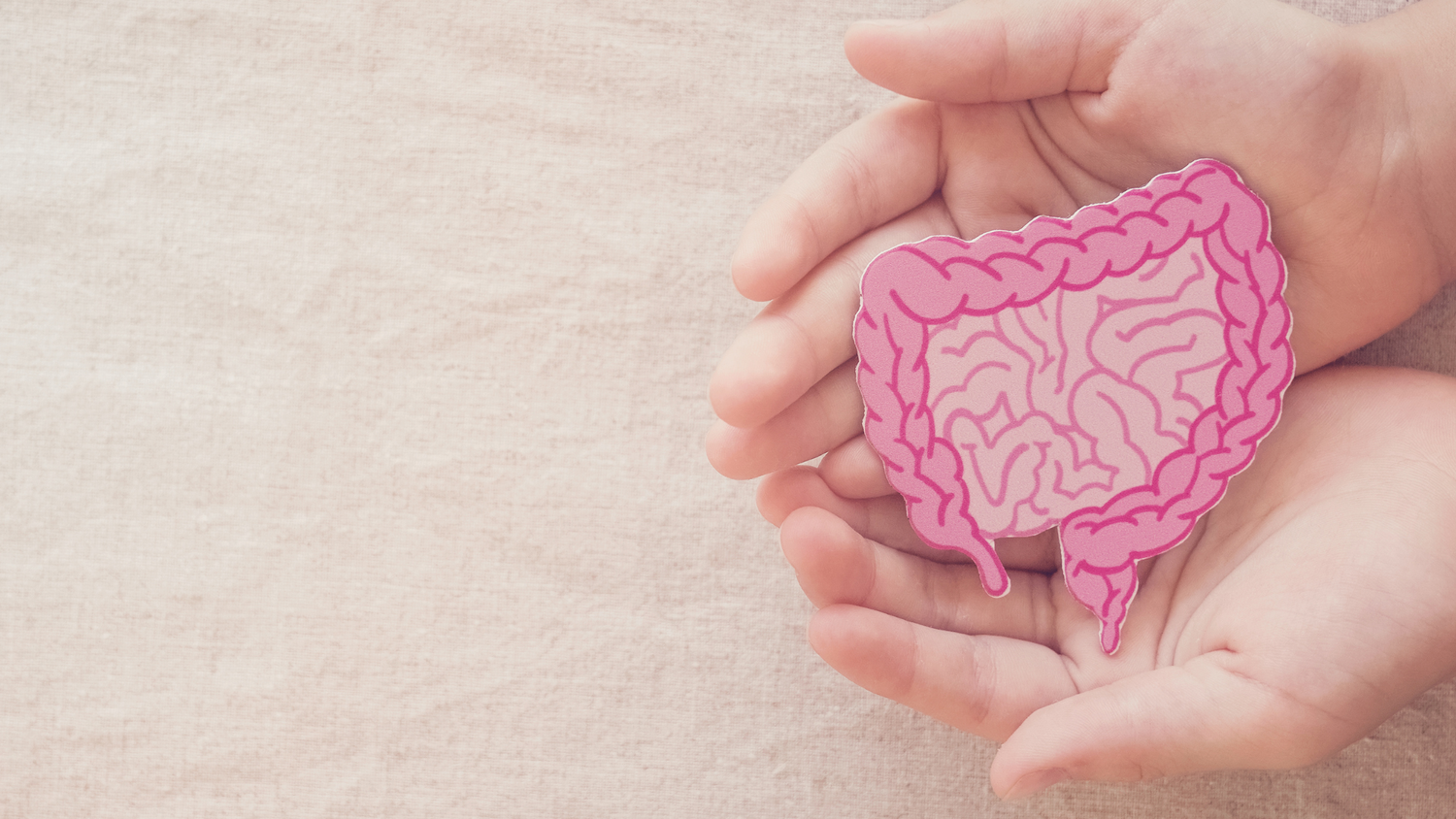Have you heard that the foods you eat can have an impact on your gut microbiome?
What is the gut microbiome?
The gut microbiome is like a bustling community of trillions of tiny living organisms (microbes), mostly bacteria, that live inside your digestive system, especially in your intestines. These microbes are super important for your health. Think of your gut microbiome as a busy team of workers in your digestive system. They help you digest food, absorb nutrients, and even protect you from harmful germs. When they’re happy and well-balanced, they do a great job at keeping your body working smoothly. But just like in any community, it’s essential to have a good balance and sometimes the balance can be disturbed.
Recent research by an international team of scientists suggests that experiences of hardship may also influence the gut microbiome, generating new ideas for ways to support good health when people experience hardship.
How might hardship influence the gut microbiome?
The researchers recruited pregnant mothers living in Singapore, following 450 mothers until they gave birth and throughout their child’s early life. For this study, the researchers asked mothers about their symptoms of anxiety during pregnancy and their history of abuse and neglect during childhood. Once their children were two years old, they also asked whether the children had experienced any stressful events (for example, parents’ divorce, death of a grandparent) in their first years of life. At that time, families were also asked to donate samples of their child’s poop for gut microbiome analysis. Families also reported on their child’s social and emotional health, including issues like sleep problems, anxiety, social problems, and aggressive or disruptive behavior, when the children were 2 years old and again at age 4.
The researchers found that each distinct moment of hardship exposure experienced by the mother and the child all appeared to influence the children’s gut microbiomes:
- stressful events experienced by the child
- the mothers’ anxiety during pregnancy
- abuse and/or neglect experienced by the mother in her own childhood
Interestingly, many of the microbes affected by each hardship likely play a role in regulating inflammation within the immune system. Some of the microbes related to the children’s social and emotional health are also likely involved in regulating inflammation. This means that changes to functioning of the gut microbiome could be one explanation for why experiences of hardship increase risk for mental health difficulties in childhood. A growing body of research has highlighted the gut microbiome as an important contributor to health at all stages of life.
It’s important to note that this paper used a correlational design, which means that it looked at relationships between variables (hardship, the gut microbiome, etc.) without changing or manipulating anything. Also, the relationships the researchers found were at the group level, which means that (for example) within the sample of families they looked at, on average children who were exposed to stressful events had lower genetic diversity within the gut microbiome. However, that doesn’t mean that every child exposed to stressful life events will have lower microbial diversity than a similar child who did not experience hardship. Because of these design characteristics, the findings from this study should not be used by individual people to make decisions or conclusions about their own life. To make recommendations for individuals, a higher level of evidence, like support from a randomized controlled trial, is necessary. The important and exciting aspects of this research are that it creates a foundation for future work to build on, and it provides ideas for interventions to support good health following hardship exposure that could be tested in the future.
The study’s results were particularly noteworthy because they suggest that even hardship many years before the child’s birth, in the mother’s own childhood, could leave a mark on children’s biology and development. This phenomenon of “intergenerational transmission,” where trauma or hardship in one generation is reflected in features of the next generation, is not new. Past research has found that trauma can affect the expression of a person’s genes and their behavior towards their children, both of which could in turn affect the children’s mental health. This study extended research on intergenerational transmission to the gut microbiome.
How can we help the microbiome after hardship?
It’s very common to experience hardship, both in childhood and during pregnancy. The upshot of this research is that it generates new ideas for interventions interventions – things that we know promote good microbiome health during childhood – that could be tested for their ability to potentially counteract the impacts of hardship. In general, we know that, eating a variety of fiber-rich foods (like fruits and vegetables) and fermented ones (like kimchi and yogurt) may shift the gut microbiome towards a more anti-inflammatory state. Spending time in nature and with pets can also promote a healthier gut microbiome profile. Factors that help reduce stress and support mothers’ mental health during pregnancy, like mindfulness meditation, appropriate exercise programs, and supportive social relationships, may also positively influence children’s gut microbiome development. On the societal level, policies like paid parental leave and accessible/affordable (mental and physical) health care that help support parents’ wellbeing and their ability to provide high-quality care to their children are likely to also improve children’s gut microbiome health.
So, while direct and intergenerational experiences of hardship may impact children’s gut microbiomes, many other aspects of the environment positively influence microbial development and overall well-being. As research on the gut microbiome continues to grow, we’ll hopefully learn even more about how to promote a healthy gut microbiome profile within each unique individual and at each stage of life.



